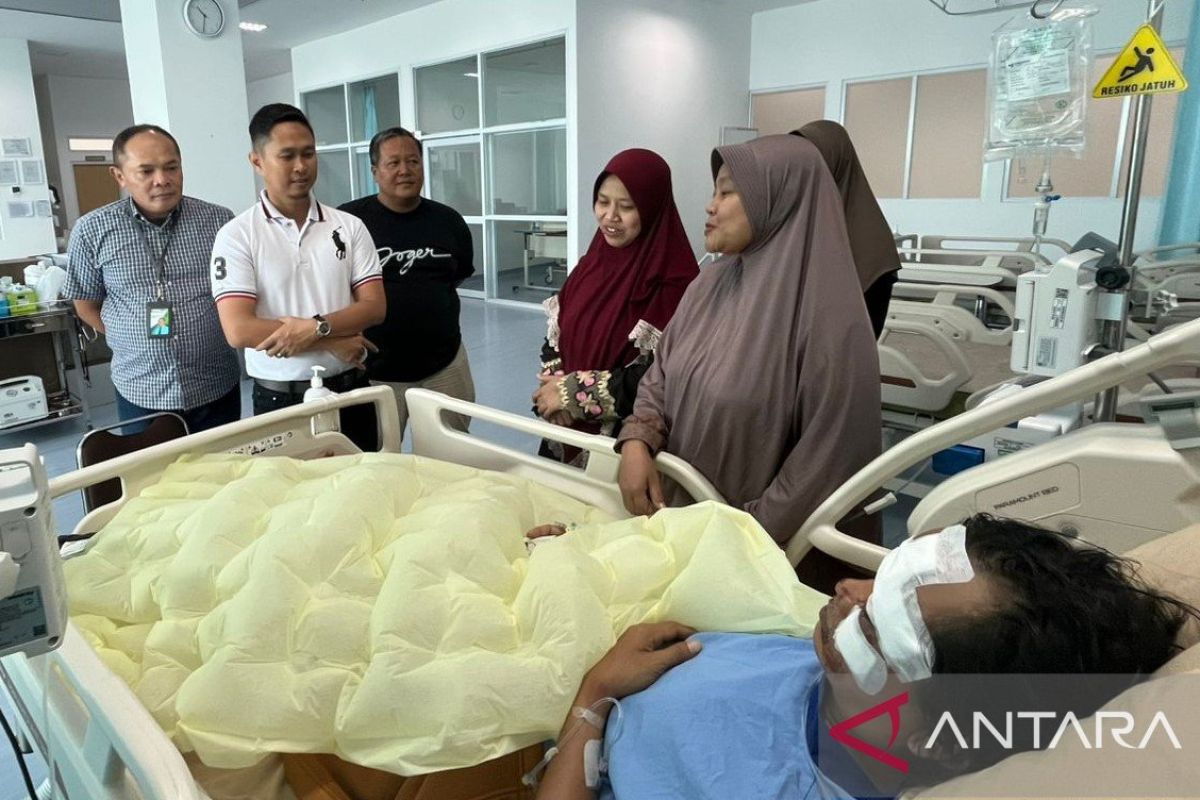Health Minister Budi Gunadi Sadikin said during a meeting with the House of Representatives on Thursday that the current tiered referral system is often inefficient, expensive, and can delay critical treatment for patients who need specialized care.
He highlighted cases such as cardiac arrests, where patients are still required to move step-by-step through multiple facilities despite only top-tier hospitals being capable of handling such emergencies.
"Clearly the only one who can (address the situation) is a type A hospital. Type C, type B, cannot possibly handle it. Thus, the social insurance (BPJS) shouldn't have paid thrice. Pay just once for immediate treatment in (type A hospital)," Sadikin explained.
Under the proposed competence-based referral system, patients would be directed immediately to hospitals equipped with the appropriate expertise and technology, he noted.
Related news: Indonesia allocated US$1.25 bln to cover BPJS Kesehatan fees
"People will be happier. No need for them to be referred three times. They would die before (they get the care). Better to have them referred to a facility which can treat them according to initial anamnesis," he explained.
During the commemoration of the 2025 National Health Day on Wednesday (12/11), the minister also noted that the National Health Insurance (JKN) program now covers 98 percent of Indonesians, or around 268 million people.
Insurance spending represents 36.3 percent of total national healthcare expenditure, with JKN contributing 30.9 percent and private insurers 5.4 percent.
Moreover, the government recently announced the cancellation of outstanding BPJS premium debts for approximately 23 million participants, particularly informal workers and individuals without stable income.
The initiative is intended to expand access and strengthen insurance coverage nationwide.
Related news: Gov't to expedite chronic disease control initiative to workplaces
Translator: Asep Firmansyah, Mecca Yumna
Editor: Rahmad Nasution
Copyright © ANTARA 2025












